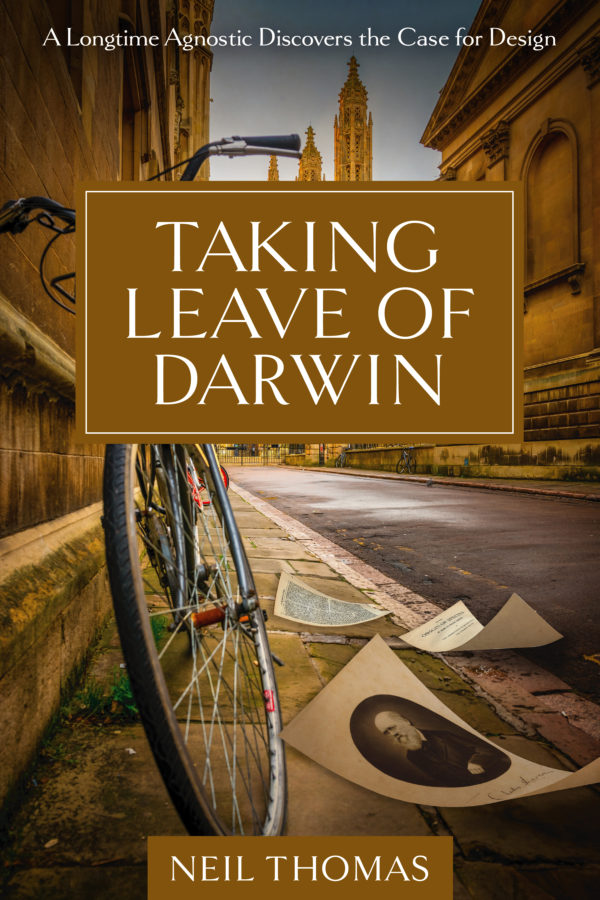
In the fifth and final article in his series, Neil Thomas, author of Taking Leave of Darwin (2021), shows that, back in those times, many strayed from the orthodoxy, including Ernst Haeckel (1834–1919):
In Germany the ideas of Ernst Haeckel, in his youth a hardline Darwinian materialist, were to evolve to a surprising degree from his youth to his older age. Though he had once rejected the idea enshrined in the Humboldtian idea of Naturphilosophie (which invoked a mystical belief in a World Spirit), he later came to see sentient life as being beseelt (= “animated” or “endowed with soul”).1 As Alfred Kelly once put it, “In spite of himself, Haeckel came close to succumbing to teleology…. His view of nature resembled a great work of art almost yearning for the creator he kept begrudging it.”2 In fact, Haeckel’s Darwinism appears at length to have modulated into a form of pantheism, a belief in that very “All-Seele” (spirit of the universe) he had once so firmly rejected.
His contemporary, Wilhelm Boelsche, who did much to popularize Haeckel’s views, even came over time to view evolutionary processes in lyrically hyperbolic terms as a form of Second Reformation whose universal laws represented a progressive revelation to humanity.
Neil Thomas, “As Many Opinions as There Are Men?” at Evolution News and Science Today (March 22, 2022)
Imagine any of that being tolerated today. Even Alfred Russel Wallace, co-theorist of natural selection was sidelined for doubts about atheist materialism.
Latching onto “science,” Darwinism became a very successful materialist atheist cult. And possibly, the more obviously frail the system got, in relation to the evidence from nature, the less any kind of straying could be tolerated. Straying prompts others to think and the tolerance for thinking has much decreased.
The full series is here.
You may also wish to read: Neil Thomas on how Darwin’s Origin of Species came to be madly adored. Darwinism was never very good at explaining the world of nature as such. It provided a fashionable basis for atheism in a world otherwise dominated by finely tuned laws. Thomas provides a fine tour of the nineteenth century in which that was just the thing many were looking for.